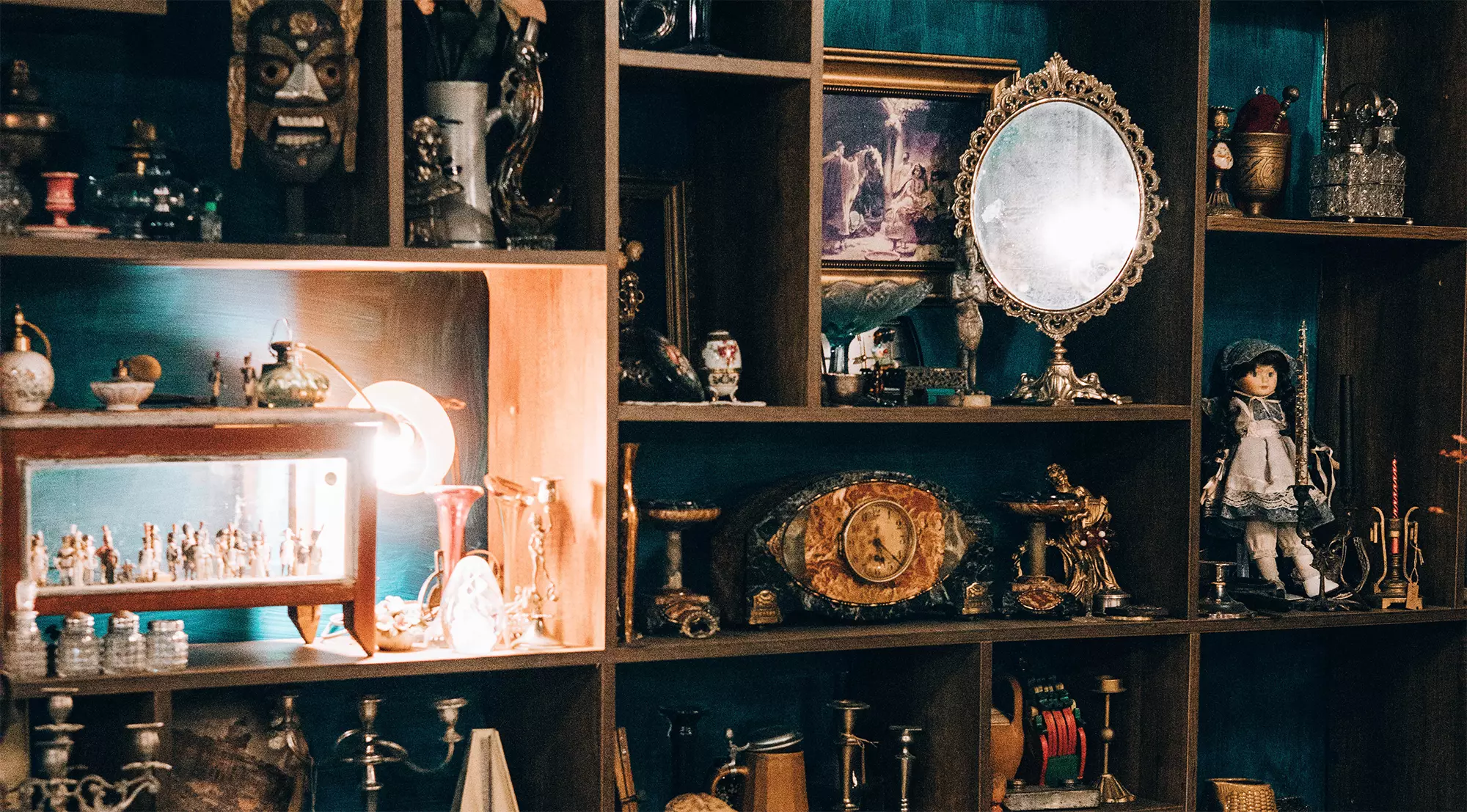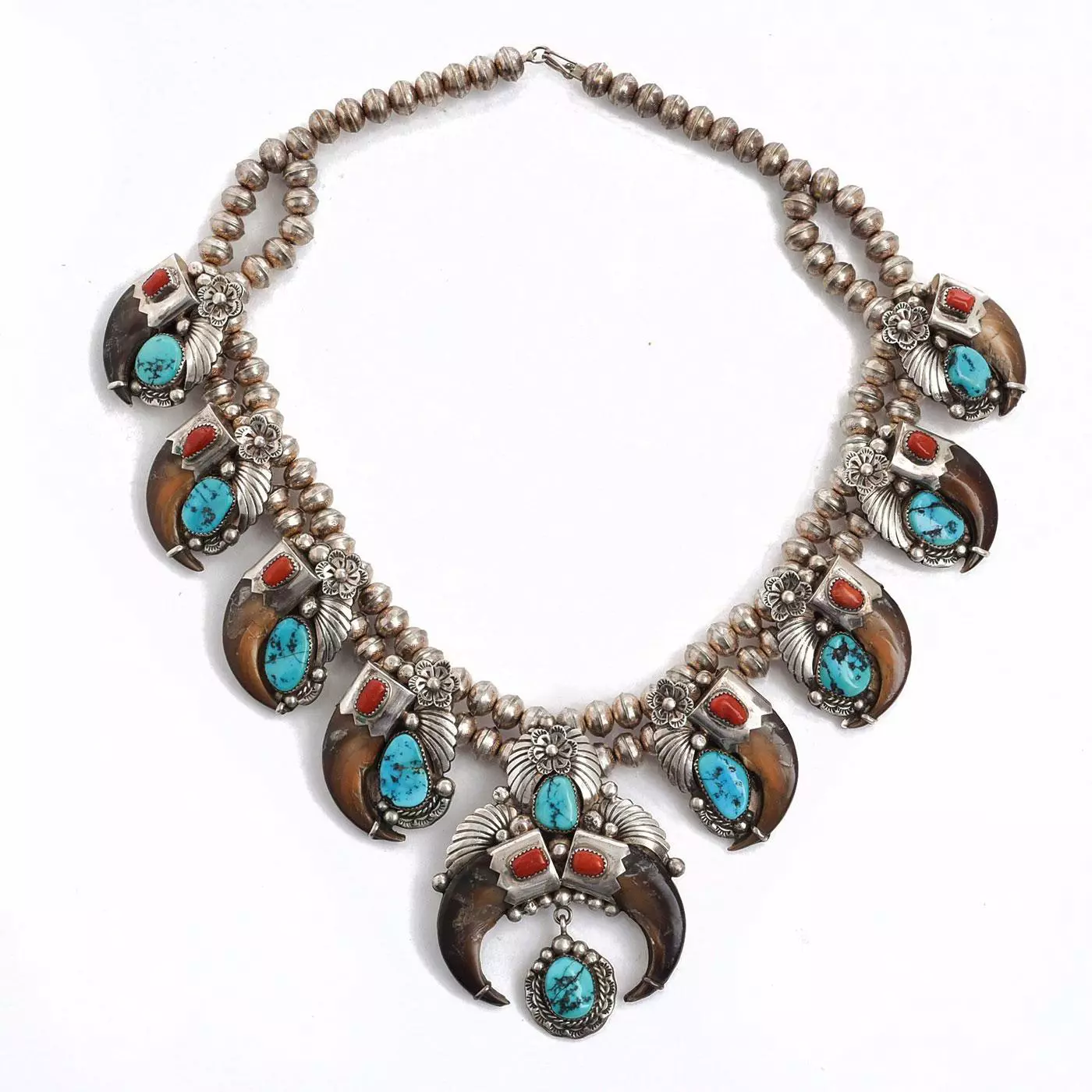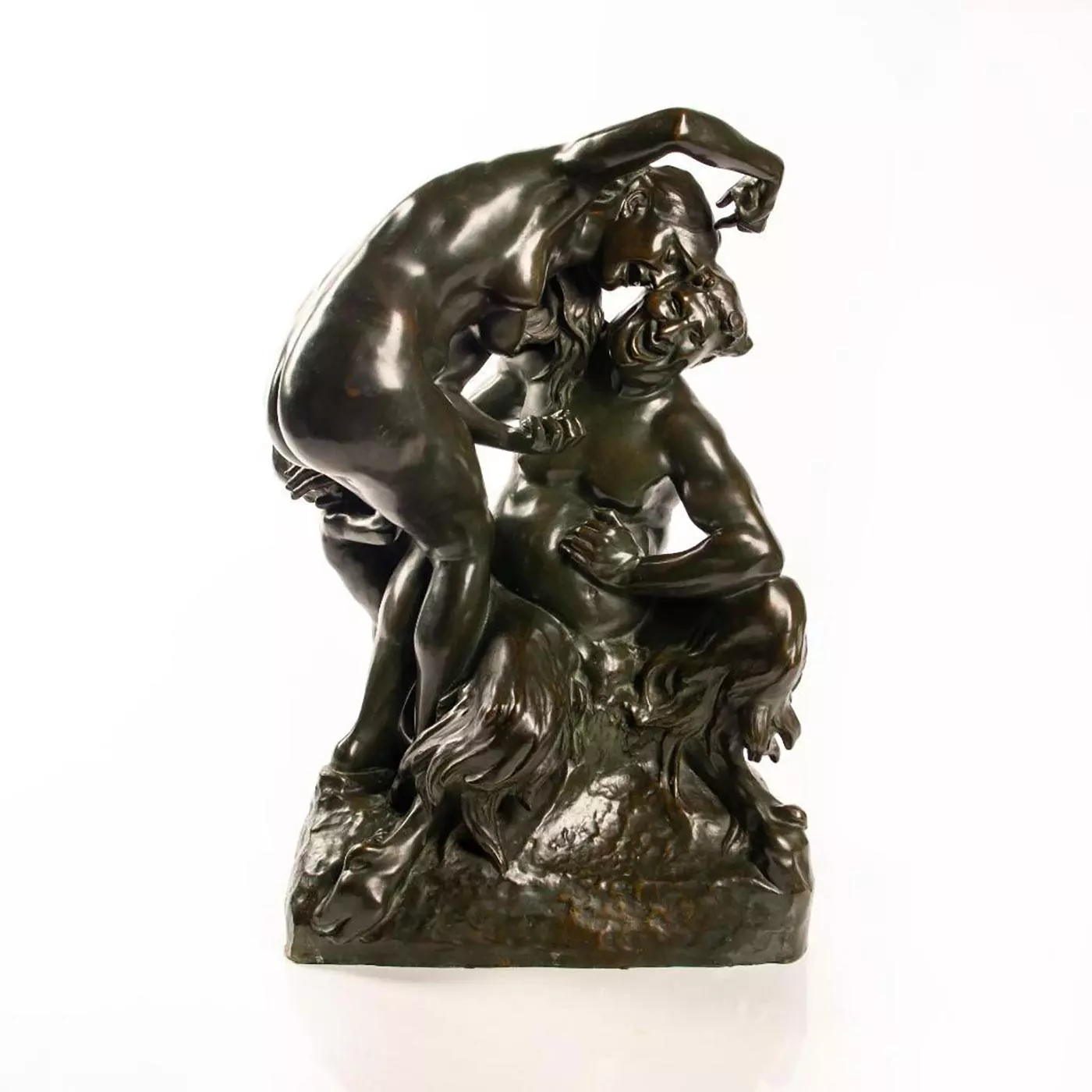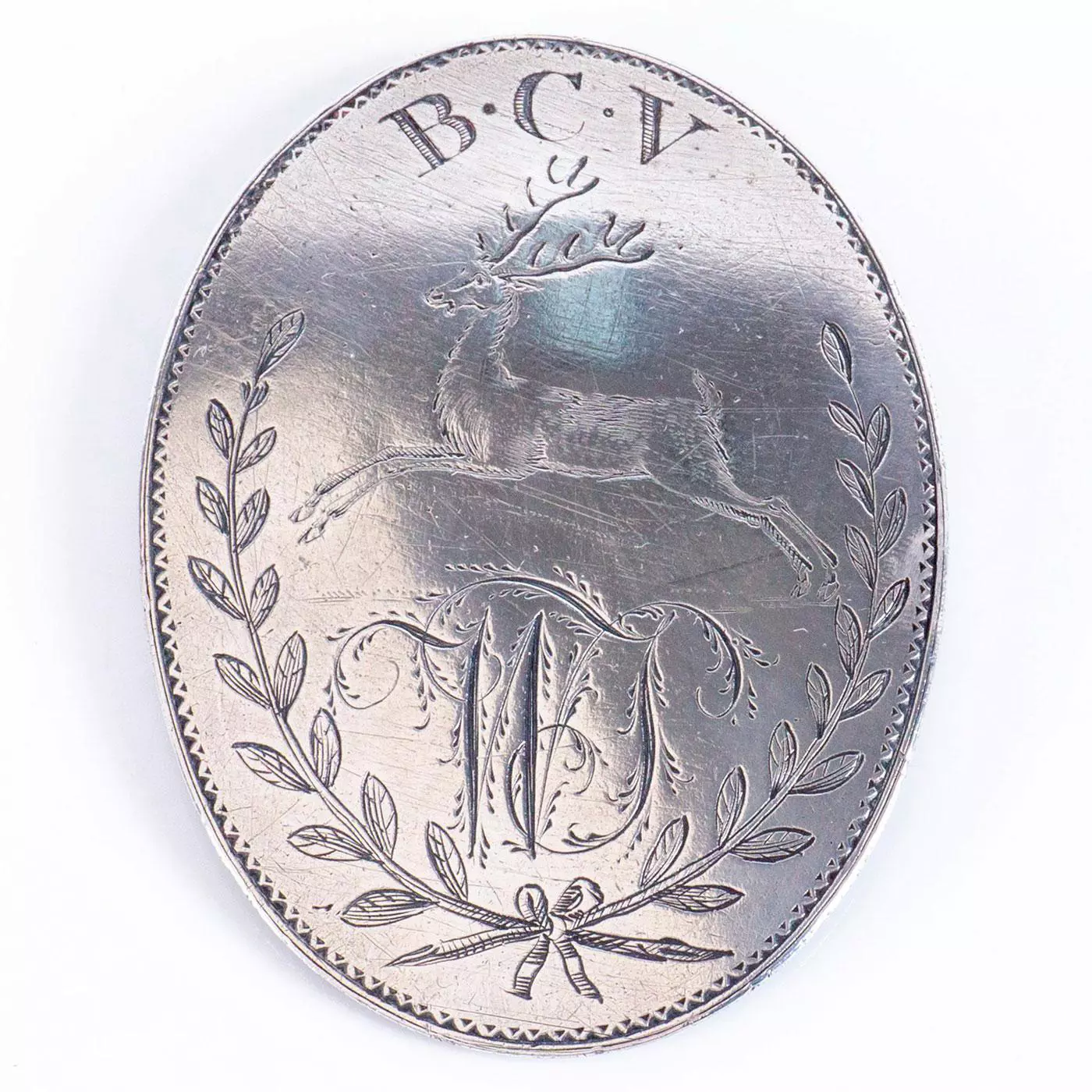Antique Appraisal, Antiques
Why Are Antiques So Expensive?

From collector’s items to historic rarities, the most lavish antiques often fetch top prices at an auction or through a direct sale to an interested buyer. Many enthusiasts ask, “Why are antiques so expensive?” While not every antique can claim record-breaking sale prices, many well-maintained items can spark fierce bidding wars, driving up prices.
Authenticated and appraised items with documented histories, fine art with general public demand, and items no longer in production may spur heightened pricing and buyer competition. Consider these reasons why antiques are so expensive and get greater insight into how to preserve, maintain, and sell pieces in a collection more easily.




What factors influence antique prices?
When asking, “Why are antiques so expensive,” there are several deciding factors. For starters, some collector’s items like silver, lamps, glassware, fine artwork, and figurines can carry particular cultural or historical relevance. In addition, paintings crafted by esteemed artists, meticulous sculptures, and well-kept jewelry attract higher prices if properly authenticated and verified.
Rarity also factors into overall pricing. The rarer an item is, the more likely it is to carry a higher final sale price, especially if it’s a collectible in a particularly active market. Antique coins, lamps, and glassware regularly sell for surprising sums at auctions. Items like the ever-popular Tiffany lamp or engraved glass vases are big-ticket items for long-term collectors and enthusiasts.
A piece’s condition will also directly influence cost and value. For example, many appraisers look at glassware’s patina and examine pieces for imperfection. As a result, antiques that are free of defects and correctly stored, maintained, and cared for are more likely to excite an active market than pieces bearing imperfections.
From decanter crystal to collectible coins, glassware, lamps, buttons, and decor, understanding a piece’s significance, age, rarity, and overall condition can help sellers maximize their potential earnings from an upcoming auction or complete estate sale.
Working with a full-service auction house can help you get top dollar for antiques.
Whether it’s a historical piece with significant cultural value or a priceless family heirloom that’s been passed down for years, every seller wants the most considerable return when they’re parting with cherished antiques. This is a big part of the answer to the question, “Why are antiques so expensive?”
While some sellers prefer to coordinate their own sales, this becomes particularly cumbersome when working with complicated estates or liquidations. By partnering with a full-service auction house like Lion & Unicorn, antique enthusiasts and collectors can remove everyday stresses from the selling process, get their pieces appropriately valued, and garner the best prices from each sale.
Interested parties can contact Lion & Unicorn directly, visit one of our several offices throughout Florida, or request an in-person valuation. Lion & Unicorn has the answers to questions like “Why are antiques so expensive?” and “Where can I sell my valuable antiques and collectibles?” We also provide nationwide service to sellers, valuing discretion, efficiency, and thorough estate valuations.
Beyond that, we provide comprehensive packing, transportation, and sale services, from direct sales with enterprising buyers to more extensive auction and lot coordination. To learn more about Lion & Unicorn’s capabilities, contact us today with collection descriptions and a brief overview of your general needs.

